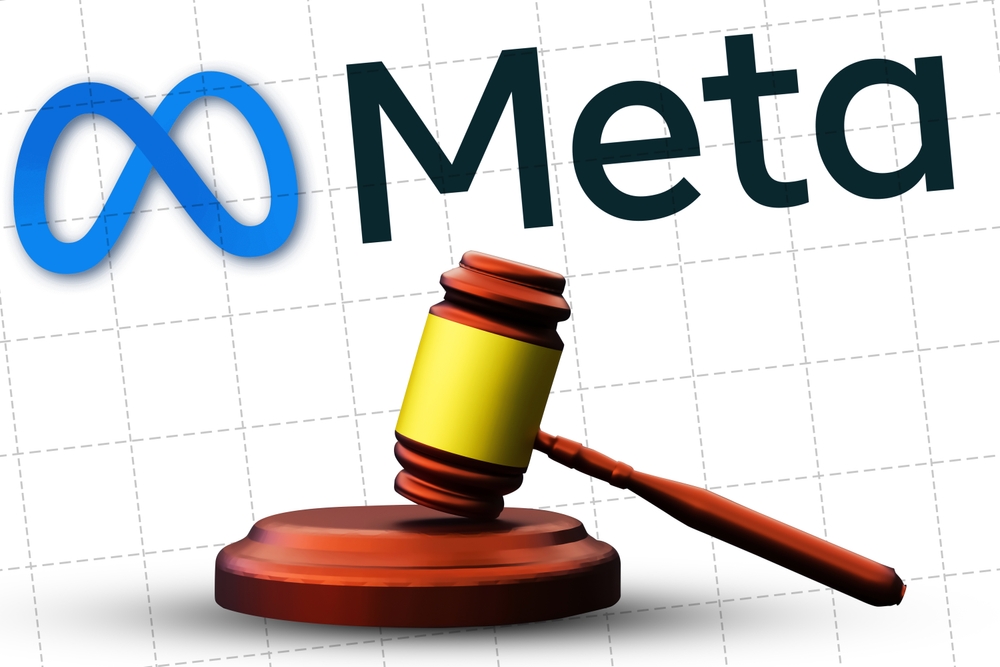Meta’s attempt to convince a federal appeals court to delay the US Federal Trade Commission’s (FTC) re-examination of the terms of the agreement regarding the privacy policy of users of the social network Facebook was unsuccessful.
The D.C. Court of Appeals ruled that Meta “failed to meet the strict requirements” of its appeal, dismissing any chance of success for five constitutional challenges. Bloomberg quoted the court’s decision, highlighting Meta’s inability to challenge the FTC’s right to partially renegotiate the 2020 agreement, established after a $5 billion fine for privacy violations in 2023.
FTC’s Allegations:
According to the FTC, Meta misled the parents of its minor users regarding measures to protect children’s privacy. Proposed amendments include prohibiting the use of minors’ data and restricting facial recognition technology. District Judge Randolph Moss denied Meta’s injunction request on March 14, emphasizing the public interest in protecting user privacy. With the appeal against this decision also rejected, Meta faces continued scrutiny from the FTC.
Continued Monitoring:
As developments unfold in Meta’s dispute with the FTC, users and stakeholders are keenly watching for further updates. The decision by the D.C. Court of Appeals sets a precedent for future interactions between tech giants and regulatory bodies. Meta’s legal battle underscores the growing importance of privacy regulations in the digital age, with implications not only for the company but also for the broader tech industry.
User Privacy Concerns:
The FTC’s focus on protecting user privacy reflects broader societal concerns about data security and online privacy. As social media platforms like Facebook continue to amass vast amounts of user data, regulators are stepping up efforts to ensure that users’ rights are safeguarded. Meta’s case serves as a reminder of the need for transparency and accountability in how tech companies handle personal information.
Future Implications:
The outcome of Meta’s legal battle with the FTC will likely have far-reaching implications for the tech industry as a whole, notes NIX Solutions. It could set a precedent for how regulatory agencies enforce privacy regulations and hold companies accountable for their actions. As the case progresses, stakeholders will be closely monitoring any developments that could shape the future landscape of digital privacy and regulation.
As this dispute continues to unfold, we’ll keep you updated on any new developments and their potential impact on user privacy and regulatory oversight. Stay tuned for the latest news and analysis on this important issue.

